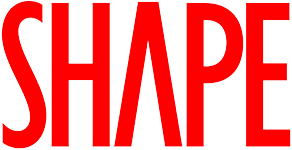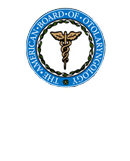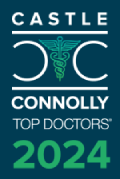When Does a Deviated Septum Require Treatment?
A deviated septum occurs when the thin wall (septum) that separates the nasal passages is displaced to one side, causing an obstruction. While many individuals have a slightly deviated septum without experiencing significant symptoms, in some cases, treatment may be necessary. The decision to seek treatment for a deviated septum depends on the severity of symptoms and their impact on an individual’s quality of life. There are a few key considerations for determining when a deviated septum requires treatment.
Symptoms Impact Daily Life
Treatment for a deviated septum is often considered when the symptoms significantly impact an individual’s daily life. Common symptoms include nasal congestion, difficulty breathing through one or both nostrils, frequent sinus infections, and nosebleeds. If these symptoms are persistent and affect the ability to perform routine activities, seeking medical attention becomes important. Some other effects of a deviated septum that may trigger the need for treatment include:
- Chronic Nasal Congestion: Chronic nasal congestion is a prevalent symptom associated with a deviated septum. Medical intervention may be necessary if over-the-counter remedies and lifestyle adjustments, such as nasal decongestant sprays, fail to provide relief. Persistent nasal congestion can affect sleep, concentration, and overall well-being, prompting individuals to explore treatment options.
- Recurrent Sinus Infections: A deviated septum can contribute to the development of sinus infections due to impaired drainage of the nasal passages. If an individual experiences recurrent sinus infections, characterized by symptoms such as facial pain, pressure, and nasal discharge, treatment for the underlying septal deviation may be recommended to reduce the frequency and severity of infections.
- Difficulty Breathing: Difficulty breathing through the nose is a common complaint associated with a deviated septum. If the obstruction is severe, individuals may find it challenging to breathe comfortably, especially during physical activities or at night. Treatment aims to address the nasal obstruction and improve airflow.
- Sleep Disturbances: A deviated septum can contribute to sleep disturbances, such as snoring and sleep apnea. The impaired airflow through the nasal passages may lead to disrupted sleep patterns and decreased overall sleep quality. In cases where sleep disturbances are attributed to a deviated septum, treatment options may be explored to alleviate the obstruction and improve sleep.
While conservative measures, such as nasal irrigation, humidification, and allergy management, may provide relief for some individuals with a deviated septum, others may find these measures insufficient. If conservative approaches fail to adequately manage symptoms, medical intervention, including surgical options, may be considered.
Ultimately, the decision to treat a deviated septum is based on its impact on an individual’s overall quality of life. Medical evaluation and intervention become essential if the symptoms significantly interfere with daily activities, work, or social interactions, and conservative measures prove insufficient.
The determination of when a deviated septum requires treatment is best made through a comprehensive evaluation by an otolaryngologist (ear, nose, and throat specialist). Dr. Greg Levitin at New York Sinusitis Treatment can assess the severity of the septal deviation, evaluate associated symptoms, and recommend appropriate treatment options based on the individual’s unique circumstances. Dr. Levitin is a proponent of using non-surgical treatments when possible for his patients suffering from symptoms of a deviated septum.
Treatment for a deviated septum is warranted when the symptoms have a substantial impact on an individual’s daily life, including nasal congestion, difficulty breathing, chronic sinus infections, and sleep disturbances. If you are experiencing severe symptoms associated with a deviated septum, contact New York Sinusitis Treatment to schedule an exam and consultation with Dr. Greg Levitin.














